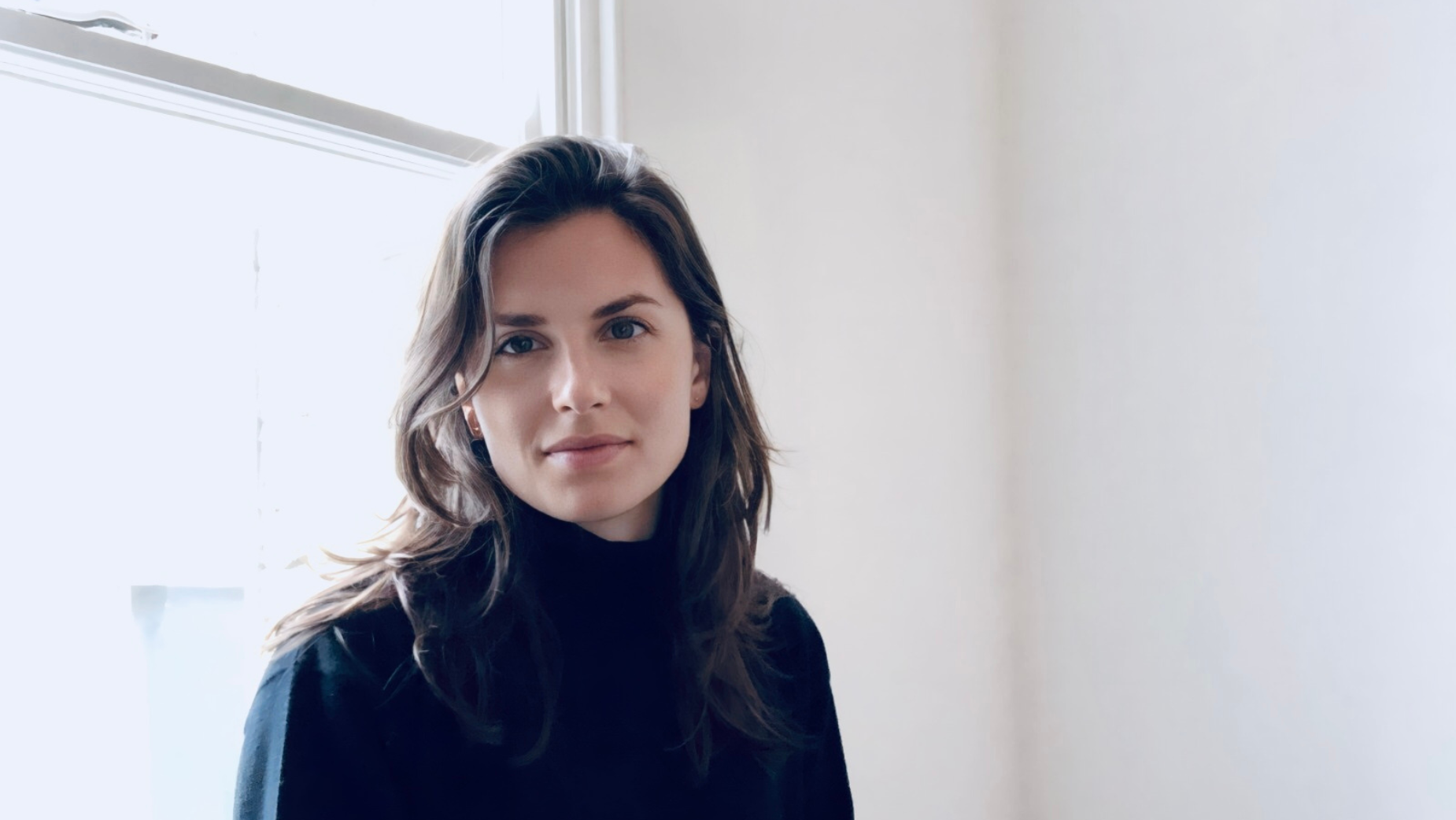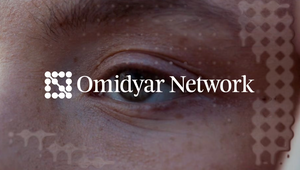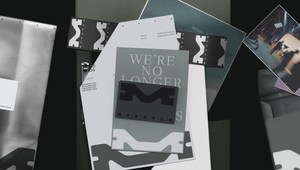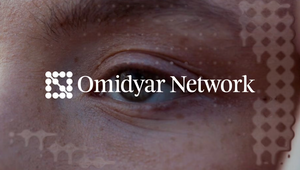
Bossing It: Fran Docx on the Power of Inner Assurance

Fran Docx has been leading the strategy department of 20(SOMETHING) since the company’s inception in 2019. She has over a decade of experience in branding, design and comms as well as award winning global campaigns. Her experience spans FMCG, government, charity, B2B and her true passion lies in emerging industries such as Web3, crypto, gaming and AI.
LBB> How did you figure out what kind of leader you wanted to be – or what kind of leader you didn’t want to be?
Fran> I observed a lot of senior agency people in my journey to leadership, some were great, some were not. The ones I respected the most had a humility, openness and strong work ethic that I respected. What’s interesting to me is that what made a good leader when I started in the industry over ten years ago isn’t necessarily what makes a good leader today.
I think leadership today requires more patience, compassion, empathy and emotional intelligence than it did when I started. Working dynamics are shifting and there’s a new generation with a strong sense of self-worth that won’t suffer fools.
LBB> What experience or moment gave you your biggest lesson in leadership?
Fran> The wins are great, but it’s the losses that teach you. We had a phenomenal first three years at 20(SOMETHING). The momentum was thrilling and all the charts went up. But then 2023 hit, the UK officially went into a recession and the new biz pipeline went down the toilet. But Will, Barney and I stayed close. We talked constantly, we made hard decisions together, we buoyed each other up and we got through it.
LBB> Did you know you always wanted to take on a leadership role? If so how did you work towards it and if not, when did you start realising that you had it in you?
Fran> Arrogantly or perhaps naively, depending on how you look at it, I had always assumed that it would happen if I kept working hard. In my mind to progress in your job and ‘get to the top’ was always to become a leader of sorts. Though as I get close to that personally, I see there is such a difference between seniority and leadership.
LBB> When it comes to 'leadership' as a skill, how much do you think is a natural part of personality, how much can be taught and learned?
Fran> I’m a great believer that almost anything can be taught and learned, but if you don’t feel comfortable or sure of yourself in the role of leader, or if you don’t enjoy that role then your influence and ability to inspire your team will be limited. If you have that inner assurance then the learning comes easy.
LBB> What are the aspects of leadership that you find most personally challenging? And how do you work through them?
Fran> Anyone who has worked with me knows that I have very high expectations both of myself and my team. This can be extremely motivating when channelled in the right way but I do have to manage the way that is expressed. Not everyone is motivated by the same things. Energy and inspiration come from many different places and we need to nurture that in each other.
LBB> As you developed your leadership skills did you have a mentor, if so who were/are they and what have you learned? And on the flip side, do you mentor any aspiring leaders and how do you approach that relationship?
Fran> Mentors are so important. I wouldn’t say I have one mentor but I do try to surround myself with intelligent, experienced and inspiring women whose opinions I value. The more perspectives I can get, the better.
For example, I have a long standing friendship with a now retired strategy director who tells me mad stories of brand strategy workshops in the 80s which crack me up… AND help throw some perspective on the work I’m doing day-to-day. I also frequently reach out to other female leaders in the industry to compare notes. A key tenet of mine is ‘no sharp elbows’, it’s so important to learn from each other.
LBB> How important is your company culture to the success of your business? And how have you managed to keep it alive with increases in remote and hybrid working patterns?
Fran> If people enjoy the culture, they will enjoy the work and hopefully this leads to better work and happier clients. We encourage our team to reach out with suggestions for ‘filling the well’ as we call it i.e. gallery trips, making sessions, exhibitions etc.
We set aside a pot of cash that anyone can use to buy tickets to events – we also have another pot of cash for pub trips. It probably helps that quite a few people in the office are friends outside of work too (and were before working at 20s) so there is a strong social aspect to the company culture.















